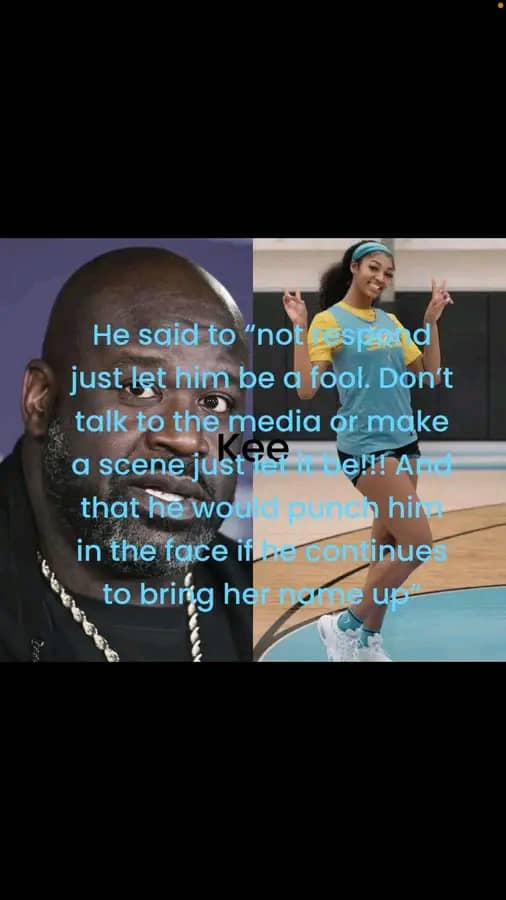Prince Harry has once again voiced his yearning for reconciliation with the Royal Family, highlighting the emotional and personal toll of their estrangement. In a recent interview with BBC News, the Duke of Sussex revealed that King Charles currently refuses to speak with him, a silence he attributes to the ongoing conflict surrounding his UK security arrangements. Harry acknowledged that numerous disagreements have widened the rift between him and his relatives, and although he admits some may never forgive him, he emphasized that he still holds out hope for healing. “Life is precious,” he said, noting with concern that he doesn’t know how much time he has left with his father.
This candid conversation took place shortly after Harry lost a legal appeal to reinstate full police protection while in the UK. The decision stemmed from the changes made after he and Meghan Markle stepped down from their royal roles and relocated to the United States in 2020. The Duke expressed frustration that his private security team in the U.S. cannot access vital UK intelligence, leaving him and his family vulnerable. He described the legal proceedings as a deeply personal endeavor, motivated by both principle and a strong desire to protect his wife and children. To Harry, the legal defeat feels less like a fair judicial outcome and more like a coordinated obstruction by the British establishment.
Former royal insiders have expressed concern over Harry’s public remarks, particularly his reference to the King’s health and the familial silence surrounding it. Critics argue that if reconciliation is truly the goal, it should be pursued privately rather than through media interviews. Nonetheless, Harry seemed intent on drawing attention to what he perceives as institutional manipulation, even suggesting that other family members may feel similarly trapped by their roles. He compared his own situation to that of his mother, Princess Diana, implying a historical pattern of internal resistance faced by those who challenged traditional norms within the monarchy.
Beyond the emotional narrative, Harry also addressed systemic issues in the way royal security decisions are made. He called for intervention by political leaders, specifically urging Labour officials to investigate the Royal and VIP Executive Committee (Ravec), the body that downgraded his security status. He questioned the level of influence the Royal Household holds over Ravec, arguing that it creates a conflict between public safety and royal protocol. To Harry, the implication that royal security is conditional upon one’s formal duties is both unfair and dangerous, sending a troubling message to other non-working royals.
In a written statement following the court’s decision, Harry criticized the lack of a regular risk assessment by Ravec and called for immediate reforms. He framed his legal efforts as a matter of public service, not personal privilege, underscoring that his only request has always been to ensure the safety of his family. He reaffirmed his dedication to public duty, stating, “This has been and will always be my life’s work.” In his view, the battle over security is not just a personal concern but a symbol of broader struggles for autonomy, safety, and fairness within the royal institution.



